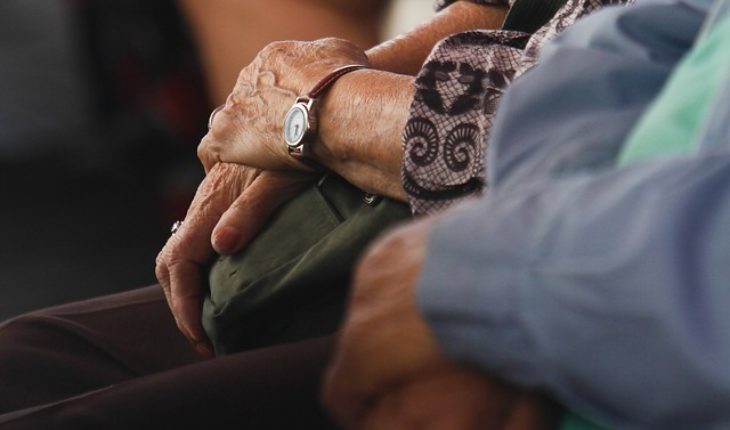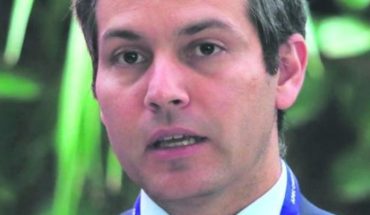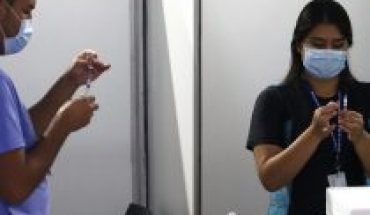Life is full of mysteries and paradoxes, of encounters and disagreements with diverse people, groups and community It is with those that we relate daily, mobilizing the subject by paths of certainty in the midst of a sea of uncertainty. One of these paradoxes is focused on the aging process and the many changes, crises and challenges we experience throughout our development. It is worth saying, from the moment we are born our organism possesses a clear and precise biological Constitution, in which our cells are permanently replaced (in fact, it is estimated that the cells are replaced between 7 to 10 years approximately) and That the whole process works in a way that is autoorganized by the information contained in our DNA.
However, and beyond the biological characteristics that each subject possesses, we know that no one can escape or avoid this process. Thus, ageing is a unique, individual, irreversible and universal experience where a set of transformations and changes emerge as a consequence of the action of time on living beings. Such changes are physiological, social, psychological and functional (Alvarado and Salazar, 2014). However, this process is one of the challenges currently faced by many developed and developing countries (Reyes and Castillo, 2011; Daichman, 2014).
In the Chilean case, there is a growing and gradual trend to ageing (Sandoval, 2018), since according to the National Service of the Elderly (NAMA), there would be 2.8 million people over 60 years, corresponding to 16.2% of the population. On the other hand, the World Health Organization (WHO), raises that the life expectancy in Chile is 80.5 years, being on average, women much longer (83 years) than men (79 years). Moreover, it is estimated that for 2025 people over 60 years will reach 20.11%, while 18.5% of the population is under 15 years of age, related to the fact that the overall fertility rate declined in 1950 from about 5 to a 1.85 in the year 2014 (MINSAL, 2017).
In response to the demographic change described, it seems pertinent to us to install the discussion around ‘ Buen covivir ‘ (Tortosa-Martínez, Caus-Pertegaz and Martínez-Román, 2014), aiming at the permanent and constructive dialogue of knowledge and experiences Ancestral with the most advanced of universal thought, in a process of continuous decolonization of society (Acosta, 2011), which exceeds the economic, fragmentary and deficit-centric logics surrounding ageing. From this perspective, how do we relate to the older adults present in our next environment? Do I recognize and potencio their knowledge and experiences accumulated throughout their lives? Are we a respectful society of old age? Do we culturally value our older adults in Chile? We advocate the construction and promotion of political, cultural, economic, educational and socio-sanitary conditions that truly respond to the interests and demands most felt by our older adults.
Beyond the governments of turn, it seems that public policies focused on the elderly continue to have a superficial understanding of this stage, delaying the implementation of concrete actions such as: a fair pension system, which ensures a Better quality of life for this age segment, improving the conditions of habitability and state infrastructure for the elderly; Preferential rates in Access/payment of basic services; Network of protected and integral residences for seniors throughout Chile, programmes for the promotion of culture, sport and recreation with territorial relevance; Socio-sanitary multidisciplinary attention, specialized in gerontology and psychogerontology, real spaces of participation and protagonism of the/AS, in the decision making (beyond the already created ones), etc.
To understand this epistemological turn, it makes sense of the optimal ageing, understood as that process of integral development, in which 3 conditions are fulfilled: low probability of disease and disability, high level of development/stimulation Functional cognitive, and an active involvement with life (Rowe and Kahn, 1997; 1998; Duay and Bryan, 2006). In other words, there is accumulated evidence showing that the generative potential of the human being would be favored by: maintenance of healthy lifestyles, interest in educational development throughout life (self-training and development, Beyond the boundaries defined by the school institution), permanent cognitive and emotional stimulation (Fernandez-Ballesteros et. al. 2010), socio-economic autonomy and stability, maintenance of positive interpersonal relationships, safe links and Stable of friendship, respect and reciprocity; Active involvement in socio-community activities, etc. All these activities have a positive impact, to the extent that this lifestyle is cultivated after retirement (Calero et al., 2007), favoring greater cerebral plasticity, as a protective factor against cognitive impairment in old age (Vance and Crowe, 2006).
Finally, we reiterate the call to the State and civil society to reflect and analyse in depth the current conditions in which thousands of Chileans are ageing, facing multiple shortcomings and difficulties in a society highly Competitive and hedonistic, which validates the unequal distribution of wealth and the maintenance of those processes of marginalization and social exclusion. The decisions and actions that are implemented will no doubt mark the destiny of our country and the kind of legacy we want to leave for the future. Our older adults can’t wait.
The content poured in this opinion column is the sole responsibility of its author, and does not necessarily reflect the editorial line or position of the counter.





